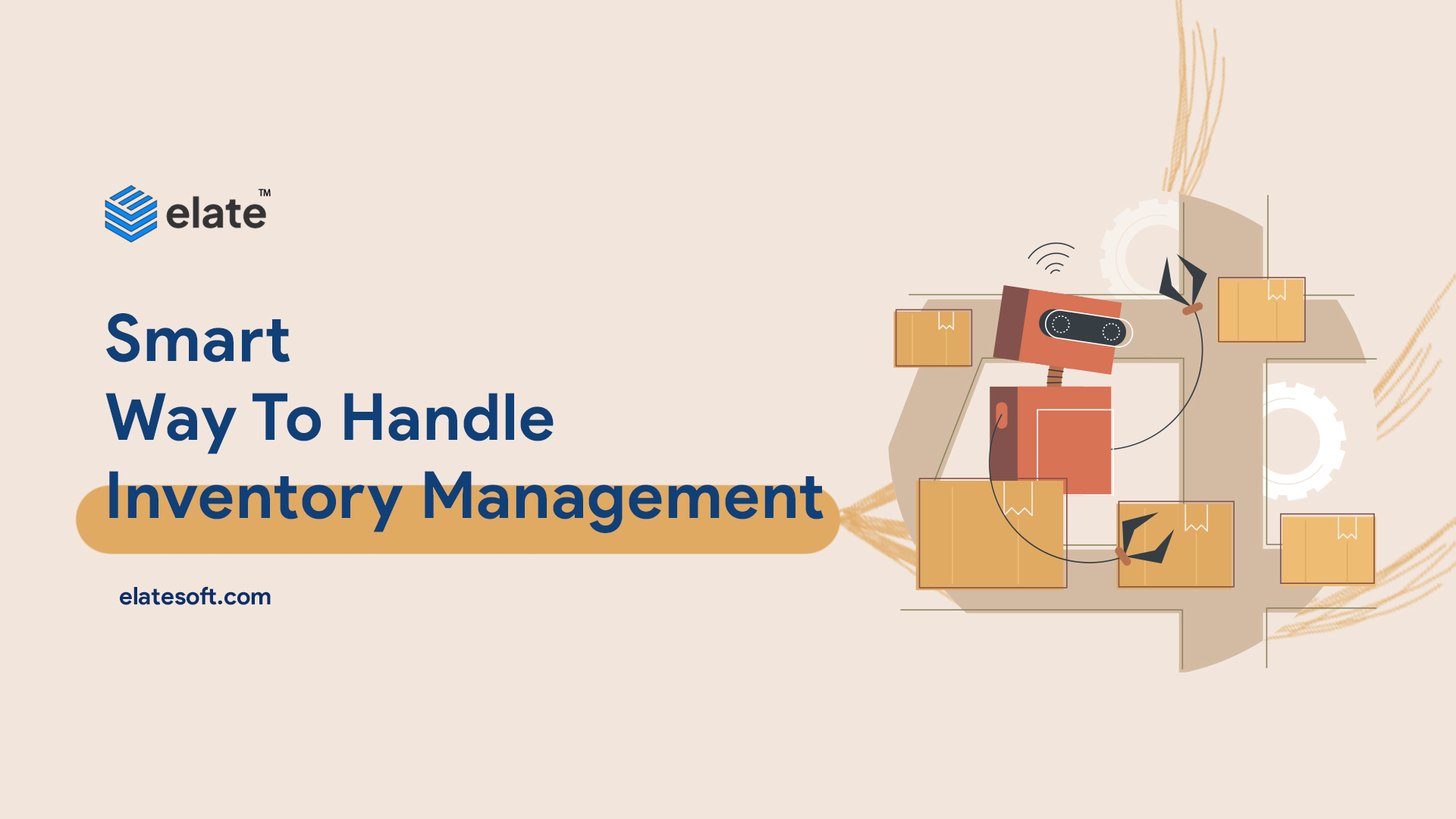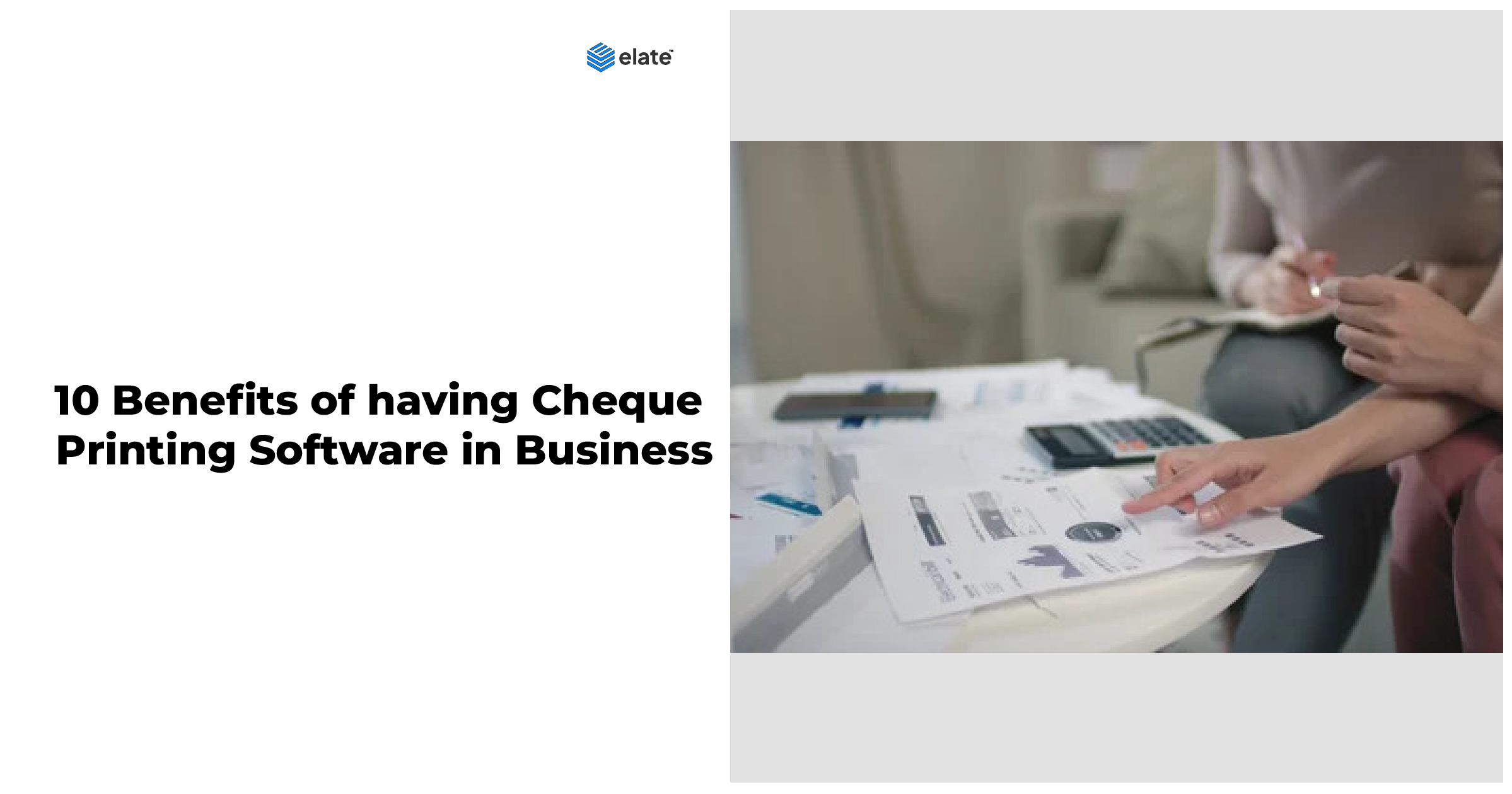
12/14/2023
Smart Way To Handle Inventory Management
What is Inventory Management?
With ERP Goods management is the process of placing orders for, storing, utilizing, and reselling a company’s inventory.

Inventory Management
This includes handling raw materials, components, and finished goods as well as storing and processing such commodities.
Inventory management is essential to a company’s profitability, yet many small firms lack effective management techniques regarding the products they offer.
Some businesses lack sufficient inventory, which prohibits them from offering enough products to satisfy customer demand.
This frequently drives customers away, sometimes permanently and other times to another company.
Many businesses, however, adopt the opposite strategy and stockpile products “just in case.”
This strategy runs the risk of causing your business to lose money, even if you’ll always have the things your clients demand.
Excess inventory consumes valuable cash flow and costs extra to store and track.
Why It’s Important To Learn Inventory Management.
Any company that sells things needs to manage its inventory well if it wants to stay in business.
You won’t be able to pay your bills if you don’t have any inventory to sell or if you can’t find the products to fulfill orders.
That much is obvious.
However, poor—or nonexistent—inventory management leads to more problems than only supply shortages.
Without continual stock monitoring, it is quite easy to order too much product, leaving you cash-strapped.
Due to stock that has expired, become outmoded, or is otherwise unsellable, inventory overages eventually also result in bottom-line losses.
Let’s examine the management of inventories.
Sort your inventory by priority
How you manage your inventory depends on how you get and keep the various goods you sell.
Your inventory controls and processes are handled internally if all of your products are stocked at your facility.
However, you must integrate your inventory management procedures and data tools with their platforms whether you keep your products in fulfillment centers, supplier warehouses, or dropship suppliers.
You can better determine which items you need to order more frequently and in larger quantities as well as which ones are essential to your business’s operations but may be more expensive and move more slowly by categorizing your inventory into priority groups.
You don’t need as many of the more expensive items in the A category.
The C category consists of low-cost, frequently restocked commodities.
The B group is the midpoint: reasonably priced items that sell off the shelves more quickly than A items but more slowly than C items.
Implement the first in, first out method
The sale of items happens in the order that they are manufactured or bought.
This is crucial for perishable items like food, flowers, and cosmetics.
For instance, a bar owner needs to be aware of the supplies behind the counter and use FIFO techniques to increase bar inventory.
Nonperishable goods should do the same since items left out for too long may deteriorate or become out-of-date and unsellable.
In a storeroom or warehouse, adding new goods from the back so that the older products are at the front is the best way to implement FIFO.
Always keep an eye on your supply levels
Keeping close track of inventory data is essential to inventory management, regardless of whether you stock products yourself, work with a fulfillment partner, or prioritize drop ship vendors.
Spreadsheets and inventory management programs are essential tools for this.
The inventory information you should typically keep track of is as follows:
The product numbers utilized by suppliers and internally are known as stock-keeping units.
And many suppliers use universal product codes (UPCs).
Quantities on hand (QOH): The quantity of stock you currently have for each item in your store or business.
Product storage location: allocated spaces where things are stored or displayed.
Information about the supplier includes contact details, order minimums, case sizes, and delivery lead times.
Product prices include volume discounts and wholesale prices from each supplier.
Retail pricing: the current and special offers for products
You can utilize a spreadsheet for detailed inventory monitoring requirements, such as for fewer than 100 products.
However, integrated inventory management programs like ERPNext and TallyPrime are affordable and simplify managing small business inventory immediately.
These systems integrate stock receipts, purchase orders, supplier data, inventory management, and client orders into a single platform.
Additionally, for real-time inventory changes, the majority effortlessly connect to retail point-of-sale (POS) systems, online sales channels, fulfillment centers, and dropship partners.
Examine your stock
Even with good inventory management software like ERPNext, and TallyPrime you need to verify the physical stock occasionally to ensure that what you have matches what you thought you had.
Businesses employ various methods, such as a yearly, year-end physical inventory that counts every item and regular spot-checking, which can be especially helpful for products that are moving quickly or have stocking concerns.
Implement inventory management ERP Software
Software offering real-time sales analytics sought out.
Software that is directly linked to your point of sale immediately changes your stock levels after a sale.
Receive daily stock alert emails to stay informed about low- or out-of-stock items so you can place timely orders for more.
A single piece of software that can meet all your demands to maintain Inventory management is ERPNext, TallyPrime Software.
With a complete cloud solution, retail ERP software measures manage, and facilitates more trading.
This inventory management software aims to improve business productivity by streamlining retail management, tracking inventory, and customer management.
TallyPrime makes Inventory management more accessible.
TallyPrime’s goal has always been to provide its users with the most recent and cutting-edge software that helps to improve their experience while systematizing a variety of activities, including accounting, inventory, compliance, etc.




